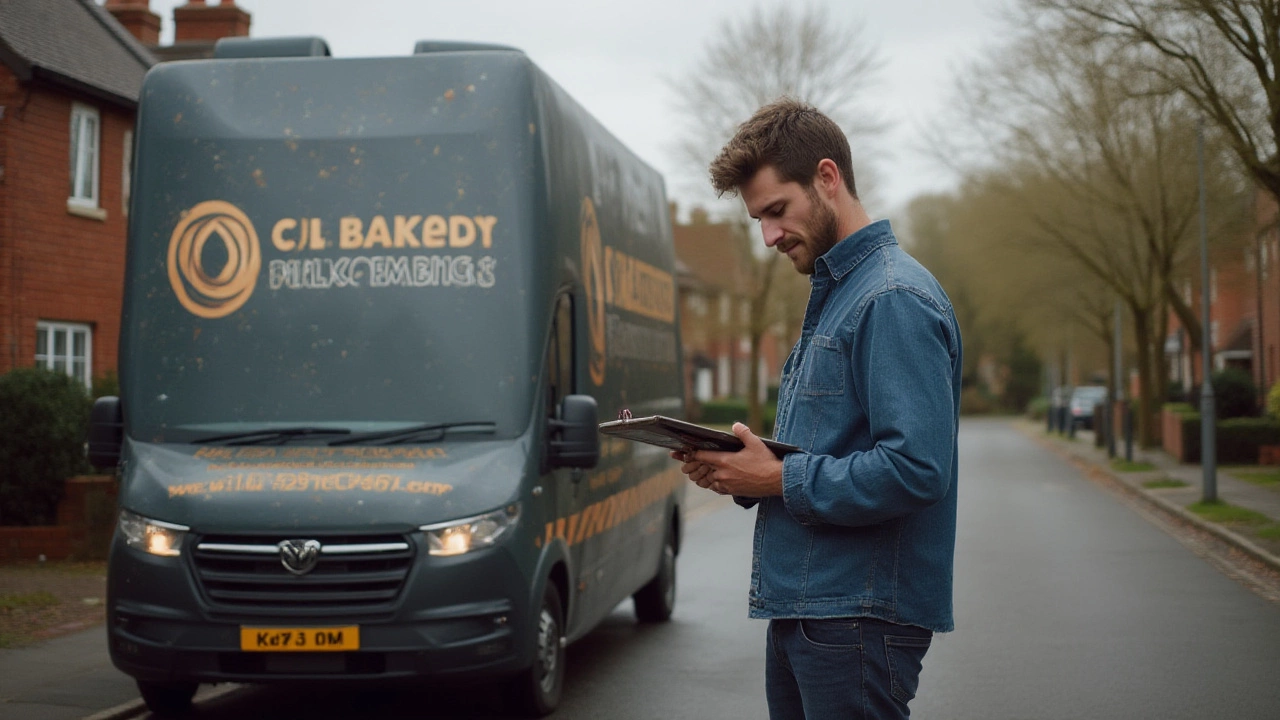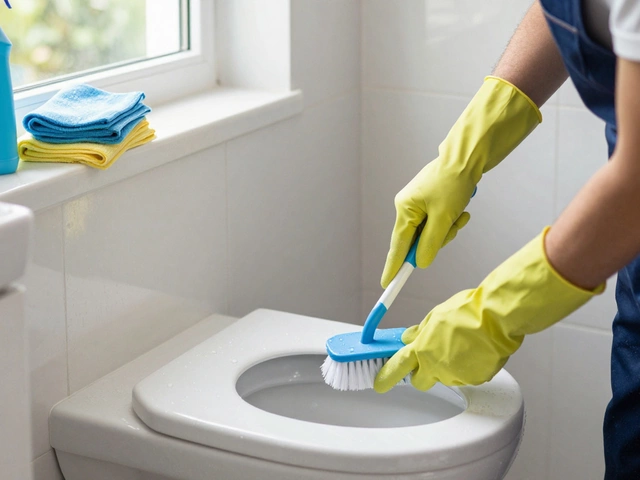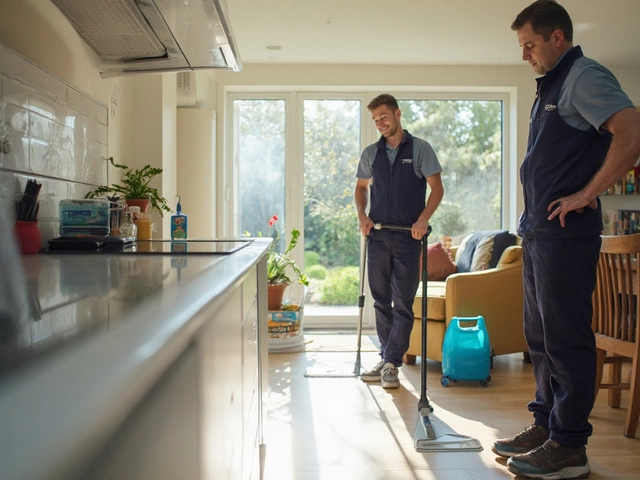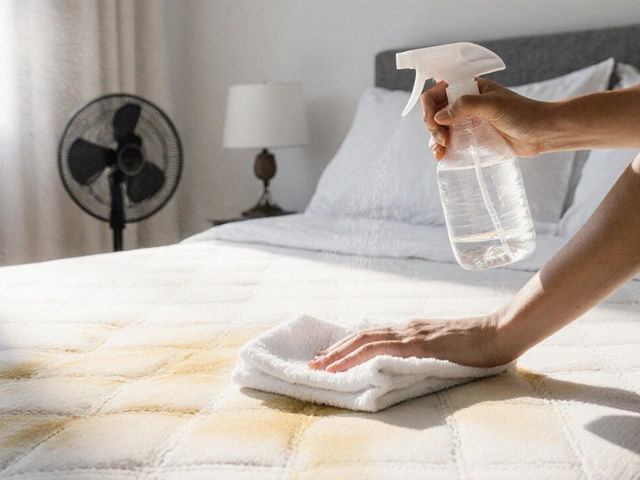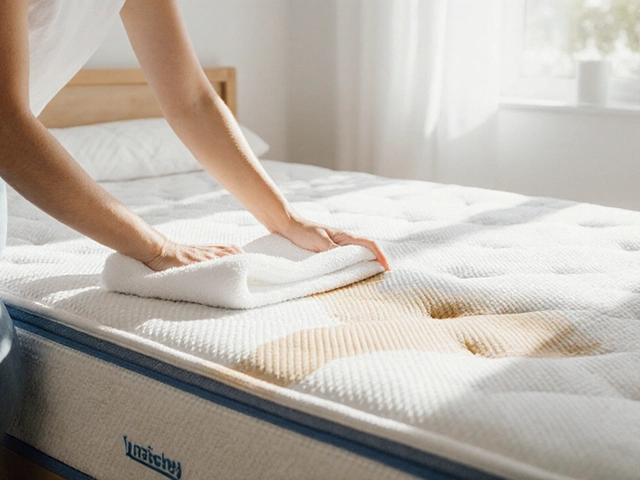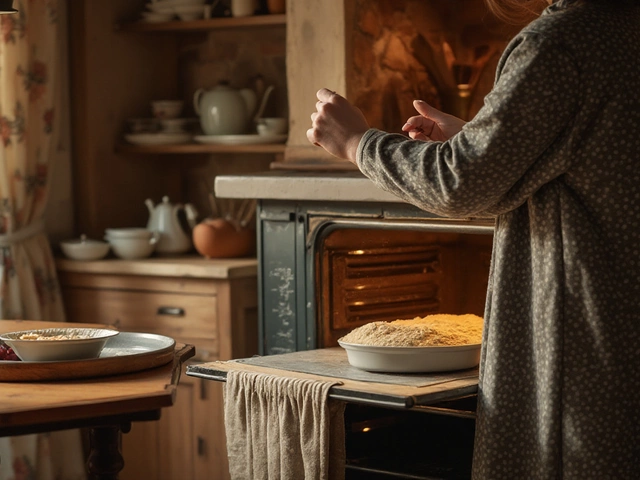Cleaning Business Startup: Everything You Need to Know
When planning a cleaning business startup, it means launching a service‑focused company that offers professional cleaning for homes or commercial spaces. Also called a cleaning venture, it requires a clear service mix, capital for equipment, and a solid marketing plan. Pressure washing business is a popular niche, while an oven cleaning service targets kitchen owners who want a spotless, safe appliance. Adding window cleaning expands your market to both residential and high‑rise commercial clients. All three benefit from eco‑friendly cleaning products, which appeal to health‑conscious customers and help you meet modern regulations.
First, decide which cleaning specialties you’ll offer. A broad approach—combining general house cleaning, cleaning business startup services, and niche tasks like pressure washing—creates multiple revenue streams. Each niche has its own equipment list: a pressure washer for driveways, a low‑temperature oven cleaner for appliances, and water‑fed poles for high windows. Knowing the gear you need lets you calculate startup costs accurately, a critical step before you sign the lease on a small workshop or garage.
Key Steps to Launch Your Cleaning Venture
1. Market research: Identify local demand for each service. In the Isle of Wight, for example, residential homeowners often look for oven cleaning, while coastal businesses may need regular window washing to fight salt‑air buildup. 2. Business plan: Outline services, pricing, target customers, and projected cash flow. Include a section on eco‑friendly cleaning agents, which can be a selling point in your marketing copy. 3. Legal setup: Register your company, obtain public liability insurance, and check any local licensing requirements for pressure washing. 4. Equipment purchase: Prioritise durable, energy‑efficient tools—like a 3,000 psi pressure washer with a heat‑recover system, a portable oven steam cleaner, and a water‑fed pole with biodegradable detergents. 5. Branding and marketing: Build a simple website, claim local listings, and use before‑and‑after photos from each niche to attract customers on social media.
When you line up these pieces, you’ll see how the entities interrelate. A cleaning business startup encompasses service selection, equipment investment, and marketing. It requires capital, knowledge of cleaning chemistry, and customer‑service skills. Pressure washing influences the overall revenue because jobs often pay higher rates per hour, while eco‑friendly cleaning enhances brand trust and can justify premium pricing.
Cost control is another essential part of the equation. Estimate the initial outlay for each niche: a quality pressure washer may run £800‑£1,200, an oven steam system £300‑£500, and a water‑fed pole with a battery pack about £250. Add in consumables—eco‑friendly detergents, protective gear, and vehicle expenses. Many new owners offset these costs by renting equipment for the first few months or leasing a used pressure washer. Whichever route you choose, keep a detailed spreadsheet; it doubles as a marketing tool when you show clients transparent pricing.
Marketing your cleaning venture works best when you highlight the unique benefits of each service. For pressure washing, stress the speed and safety of removing oil stains, moss, and graffiti without damaging surfaces. For oven cleaning, emphasize health benefits: fewer airborne fumes, better cooking efficiency, and a longer appliance lifespan. For window cleaning, point out the visual impact on curb appeal and the reduced risk of glass damage when using water‑fed poles. Pair these points with local SEO keywords—like "Isle of Wight pressure washing" or "eco‑friendly oven cleaning"—to boost your online visibility.
People often wonder about pricing structures. A common model is hourly rates for general cleaning, while niche jobs use flat fees based on square footage or appliance size. For example, a 20‑minute oven clean might be £30, a 45‑minute window job £50, and a 30‑minute pressure‑wash of a driveway £70. Adjust prices for travel distance, difficulty, and whether you use premium green products. Transparent quotes build trust and reduce the chance of surprise invoices.
Training your team is just as vital as buying the right gear. Even if you start solo, you’ll eventually need reliable staff. Provide hands‑on demos for each service, covering safety (especially for high‑pressure equipment), proper chemical handling, and customer interaction. A well‑trained crew can upsell services on the spot—like adding an oven clean after a kitchen deep‑clean, which raises the average ticket size.
Finally, keep an eye on industry trends. The cleaning sector is shifting toward sustainable practices, automated booking systems, and subscription‑based service plans. Offering a monthly window‑cleaning subscription or an annual oven‑maintenance contract can smooth out cash flow and create loyal customers. Stay updated on local regulations about water use for pressure washing, and consider certifications that showcase your commitment to eco‑friendly standards.
All these pieces—service mix, equipment, financing, marketing, and training—form the backbone of a successful cleaning business startup. Below you’ll find a curated list of articles that dive deeper into each of these areas, from DIY oven cleaner recipes to detailed profit calculations for pressure‑washing ventures. Use them as a roadmap to build, grow, and fine‑tune your cleaning company.
